The American Football Portal

American football evolved in the United States, originating from the sports of soccer and rugby. The first American football match was played on November 6, 1869, between two college teams, Rutgers and Princeton, using rules based on the rules of soccer at the time. A set of rule changes drawn up from 1880 onward by Walter Camp, the "Father of American Football", established the snap, the line of scrimmage, eleven-player teams, and the concept of downs. Later rule changes legalized the forward pass, created the neutral zone and specified the size and shape of the football. The sport is closely related to Canadian football, which evolved in parallel with and at the same time as the American game, although its rules were developed independently from those of Camp. Most of the features that distinguish American football from rugby and soccer are also present in Canadian football. The two sports are considered the primary variants of gridiron football.
American football is the most popular sport in the United States in terms of broadcast viewership audience. The most popular forms of the game are professional and college football, with the other major levels being high-school and youth football. , nearly 1.1 million high-school athletes and 70,000 college athletes play the sport in the United States annually. The National Football League, the most popular American professional football league, has the highest average attendance of any professional sports league in the world. Its championship game, the Super Bowl, ranks among the most-watched club sporting events in the world. The league has an annual revenue of around US$15 billion, making it the most valuable sports league in the world. Other professional and amateur leagues exist worldwide, but the sport does not have the international popularity of other American sports like baseball or basketball; the sport maintains a following in Mexico, Brazil, Canada, Europe, and Japan. (Full article...) Recognized content -
Recognized content - 
DATCU Stadium (formerly Apogee Stadium) is a college football stadium located at the north junction of Interstate 35E and Interstate 35W in Denton, Texas. Opened in 2011, it is home to the University of North Texas (UNT) Mean Green football team, which competes in the American Athletic Conference. The facility replaced Fouts Field, where the school's football program had been based since 1952.
The stadium was proposed by the University of North Texas System Board of Regents after the 2002 New Orleans Bowl. Designed by HKS, Inc., it was constructed at a cost of $78 million after a student body election in 2008. It was tentatively named "Mean Green Stadium" prior to ResNet provider Apogee purchasing the naming rights in 2011. DATCU Credit Union (DATCU. formerly Denton Area Teachers Credit Union) subsequently purchased naming rights to the facility prior to the 2023 season. The stadium hosted its first major event on September 10, 2011 when the Mean Green lost 48–23 against the University of Houston Cougars. Official home attendance figures for the team's first six seasons at DATCU Stadium averaged 18,563 per game, which is 60% of its capacity of 30,850. (Full article...)General images
Selected image

Selected biography -
Mac Curtis Speedie (January 12, 1920 – March 5, 1993) was an American professional football end who played for the Cleveland Browns in the All-America Football Conference (AAFC) and the National Football League (NFL) for seven years before joining the Saskatchewan Roughriders in Canada. He later served for two years as head coach of the American Football League's Denver Broncos. A tall and quick runner whose awkward gait helped him deceive defenders and get open, Speedie led his league in receptions four times during his career and was selected as a first-team All-Pro six times. His career average of 800 yards per season was not surpassed until two decades after his retirement, and his per-game average of 50 yards went unequalled for 20 years after he left the game.
Speedie grew up in Utah, where he overcame Perthes Disease to become a standout as a hurdler on his high school track team and a halfback on the football team. He attended the University of Utah, where he continued to excel at track and football before entering the military in 1942 during World War II. He spent four years in the service before joining the Browns in 1946, where he played as an end opposite quarterback Otto Graham, fullback Marion Motley and fellow receiver Dante Lavelli. The Browns, a new team in the AAFC, won the league championship every year between 1946 and 1949. The Browns merged into the NFL in 1950 after the AAFC disbanded, and Speedie continued to succeed as the team won another league championship. After two more years with the Browns, however, Speedie left the team for the Western Interprovincial Football Union (WIFU) amid a conflict with Paul Brown, Cleveland's head coach. He played two full seasons in the WIFU and one game in a third season before leaving professional football. (Full article...)Calendar
| Jan 8 | College Football National Championship: #1 Michigan vs #2 Washington | |
| Jan 13-15 | NFL: Wild Cards | |
| Jan 20-21 | NFL: Divisional games | |
| Jan 28 | NFL: Conference games | |
| Feb 4 | NFL: Pro Bowl | |
| Feb 11 | NFL: Super Bowl LVIII | |
| 2023 season: NFL • NCAA FBS (Bowl games) | ||
|---|---|---|
Selected quote
| “ | Vince Young is the greatest quarterback to ever play college football. | ” |
| — Ronnie Lott College and Pro Football Hall of Fame defensive back, in consideration of Young's play in the 2006 Rose Bowl Game |
Did you know...
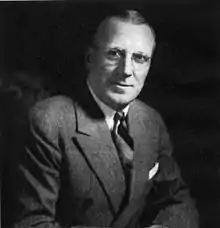
- ...that running back Garrison Hearst is the only player in league history to have twice won the Comeback Player of the Year Award?
- ...that the Sutherland version of the single-wing offensive formation, named for coach Jock Sutherland, pictured, had fallen into nearly-complete disuse on the collegiate and professional levels by 1970?
- ...that only one player since 1998, University of Miami Hurricanes linebacker Dan Morgan in 2000, has claimed the Bronko Nagurski Trophy and the Chuck Bednarik Award in the same year?
Subcategories
- Select [►] to view subcategories
Things you can do
 |
|
Lists
- List of NFL champions
- NCAA Division 1A Champions
- List of Pro Football Hall of Fame inductees
- List of NFL first overall draft_picks
- List of National Football League head coaches
- List of NFL rushing champions
- List of college football coaches with 200 career wins
- List of current NFL team rosters
- National Football League 1940s All-Decade Team
- National Football League 1960s All-Decade Team
- National Football League 1970s All-Decade Team
- National Football League 1980s All-Decade Team
- National Football League 1990s All-Decade Team
- List of NFL franchise post-season droughts
WikiProjects
- WikiProject Sports
- WikiProject American football
- WikiProject American Football League
- WikiProject Arena Football League
- WikiProject College football
- WikiProject National Football League
- WikiProject Pittsburgh Steelers
- WikiProject Chicago Bears
- WikiProject Green Bay Packers
- WikiProject New England Patriots
- WikiProject San Francisco 49ers
- WikiProject Los Angeles Rams
- WikiProject Canadian football
- WikiProject European League of Football
- WikiProject American football
Sports portals
Associated Wikimedia
The following Wikimedia Foundation sister projects provide more on this subject:
-
 Commons
Commons
Free media repository -
 Wikibooks
Wikibooks
Free textbooks and manuals -
 Wikidata
Wikidata
Free knowledge base -
 Wikinews
Wikinews
Free-content news -
 Wikiquote
Wikiquote
Collection of quotations -
 Wikisource
Wikisource
Free-content library -
 Wikiversity
Wikiversity
Free learning tools -
 Wiktionary
Wiktionary
Dictionary and thesaurus
-
 List of all portals
List of all portals -

-

-

-

-

-

-

-

-

-
 Random portal
Random portal -
 WikiProject Portals
WikiProject Portals

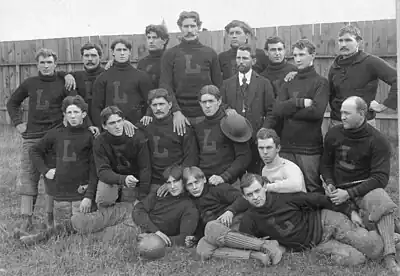




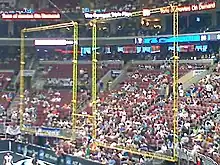
.JPG.webp)
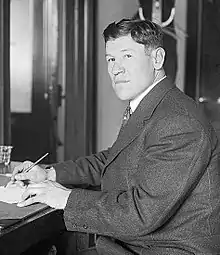

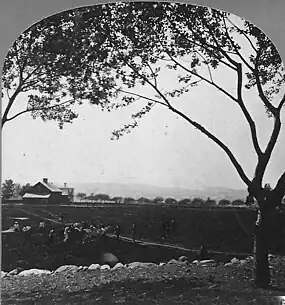

.jpg.webp)
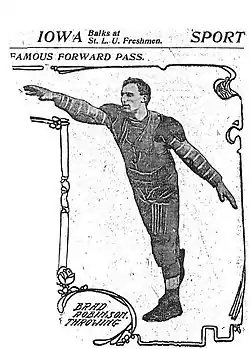


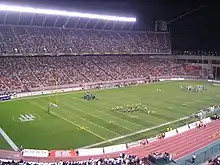

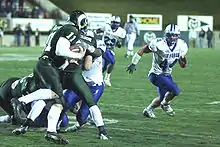
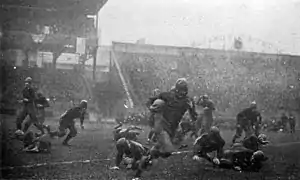





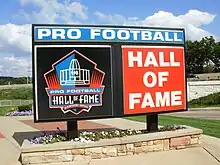


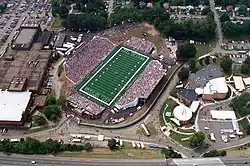

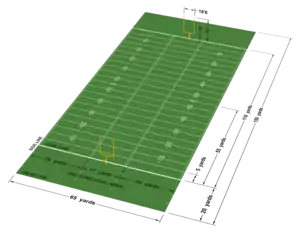


.jpg.webp)
